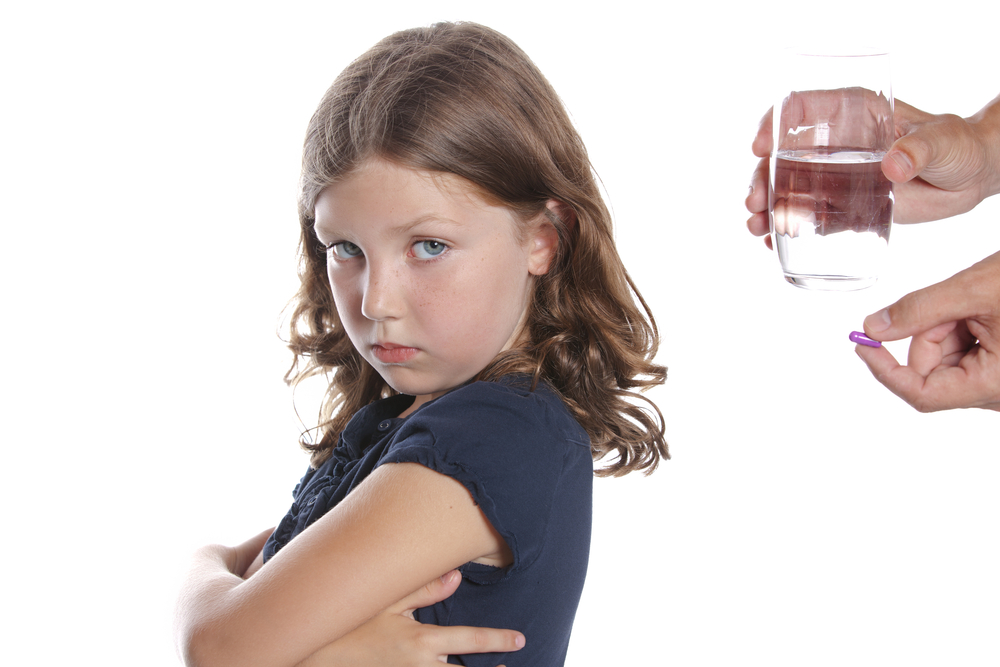Attention-deficit hyperactivity disorder (ADHD) is listed in the Diagnostic and Statistical Manual of Mental Disorders, Fifth Edition (DSM-5) as a chronic, neurological disorder. It is marked by an “ongoing pattern of inattention and/ or hyperactivity-impulsivity that interferes with functioning or development.” The Centers for Disease Control and Prevention (CDC) estimates nearly 3.3 million children between ages 12-17 have been diagnosed with ADHD. Typically, ADHD is most effectively treated with a combination of behavior therapy and medication.
ADHD Medication Side Effects
The U.S. Food and Drug Administration (FDA) has approved several different kinds of medications to treat ADHD, many of which can be used to treat children as young as 6. Still, everyone responds differently to ADHD medication. As is true with any medical intervention, there will be benefits and drawbacks. The National Institute of Mental Health examines common side effects associated with ADHD medications in children as well as suggestions for how to best manage them, respectively:
- Decreased appetite: Studies show that what, and when, you eat makes a difference when it comes to managing ADHD. Medications can make a child less hungry, which can drastically reduce their caloric intake, increasing their risk of vitamin and nutrient deficiencies. To develop healthy eating habits:
- Have set eating times: Schedule regular meals or snacks no more than three hours apart.
- Maintain a varied and balanced diet: Proper nutrition includes fruits, vegetables, whole grains, and lean protein.
- Sleep issues: Sleep is a fundamental necessity of life, and ample sleep can lead to vast improvement in the symptoms of ADHD. Promote positive sleeping habits by:
- Sticking to a regular schedule: Develop consistent sleep patterns by having a set bedtime and following it every day.
- Creating a peaceful sleeping environment: Research has found that the body naturally produces certain chemicals to help increase feelings of calmness and relaxation. When serotonin, known as the “feel-good” hormone, is released in a comfortable and/ or dark environment it is converted into melatonin.
- Upset stomach: Taking ADHD medicine with food or following a meal can help reduce stomach discomforts.
- Headaches: Like stomachaches, taking medication with food can help resolve headaches. Headaches may also occur due to a lack of minerals. Many children with ADHD are deficient in essential minerals such as zinc, iron, and magnesium. Boosting these levels may help to alleviate headaches.
All medications have the potential to cause secondary, unwanted effects. It is essential to discuss all adverse side effects with one’s prescribing medical professional so they can adjust one’s treatment plan accordingly. Studies show that nearly 80% of children with ADHD who are treated with medications show significant improvement once the right medication and dose are determined.
For Information and Support
Every family in need of mental health treatment must select a program that will best suit the needs of their family. When one member of a family struggles, it impacts everyone in the family unit. To maximize the benefits of treatment we work closely with the entire family to ensure that everyone is receiving the support they need through these difficult times. Seeking help is never easy, but you are not alone! If you or someone you know needs mental health treatment, we strongly encourage you to reach out for help as quickly as possible. It is not uncommon for many mental health difficulties to impact a person’s life, long term. Pursuing support at the beginning of one’s journey can put the individual in the best position to learn how to manage themselves in a healthy way so they can go on to live happy and fulfilling lives.
OUR KNOWLEDGEABLE ADMISSIONS TEAM CAN BE REACHED 24/7 AT INFO@PACIFICRTC.COM OR CALL: 800-531-5769






